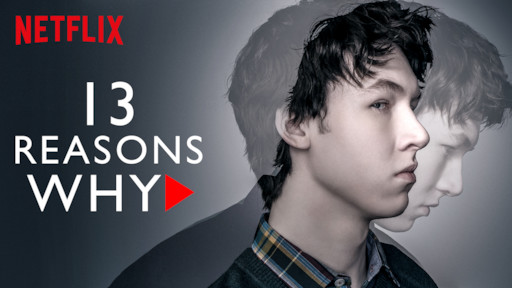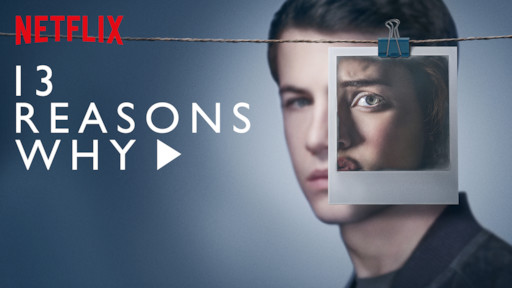Rated TV-MA
Minor spoilers about 13 Reasons Why
13 Reasons Why first premiered on Netflix in 2017 and instantly became one of Netflix’s staple shows. It’s a high school drama with a young and attractive cast, and the series, as well as the actors, were sure to gain a following quickly.

However, it was subject to a lot of criticism because of the heavy topics brought up and the graphic scenes that many thought were triggering. 13 Reasons Why was the first show I had seen in mainstream media that dove deeply into the topic of teen suicide, and I thought that even with its flaws, the show still made great strides to start a dialogue about something that isn’t easy to talk about.
The third season of the show premiered this August, and I actually was a bit reluctant to watch it at all since I’m not necessarily a fan of some of its other aspects – the jock/nerd/rebel archetypes, some awkward dialogue, the frustrating lack of agency that the adult characters seem to have … but we all know how it feels when you just want something to binge-watch, and I was soon sucked right back into the mystery of the show and quickly finished the entirety of the third season in a couple of weeks. The season made me stand by my claim that the show makes a great effort to talk about the hard stuff, and its overall humane message of being present for people is just a good reminder to have.
The third season focuses on the death of Bryce Walker, who might be involved in said death, and that no matter how you spin it, no one’s really innocent. Everybody played some kind of part in the events leading up to his death, whether it was premeditated or not. The show emphasizes the duality we as humans have; there’s always more than one side to every story, and we all have good and bad inside of us. I like how most of the characters try to act on the good.
One of the main ideas to grab from the third season of the show is the concept of rehabilitation, but not the type of rehab you might be thinking about. For example, the antagonist Bryce Walker has done some of the most awful things imaginable throughout the course of this show, and Bryce is ostracized and paying for the pain he’s caused a majority of the other characters in the third season. But then we see him try to do better before his imminent death. He starts thinking of how to make amends to every single person he’s wronged, and he even begins to repair these broken relationships. He gives you a sense of hope, that people can change and he is changing, but it can also stir a feeling of frustration or anger because you’re empathizing with the antagonist.

Another example is Tyler Down. In the final episode of the second season, Tyler had planned to shoot his classmates at the Spring Fling after a gruesome run-in with the jocks that left him broken as ever. His friends manage to talk him down, and we see how they cover up his planned attack and rehabilitate him into a safe mental space where he can eventually get back to normal. Through his character, we’re shown that change is possible and that no matter how far down you think you are, with the help of those around you, you can survive and accomplish more than you ever thought you could.
Is the show perfect? No, but perfect is a pretty high bar. 13 Reasons Why is honest. The actors are honest in their portrayals, and the creators conduct so much reason to try to be as authentic to teenagers facing these same issues. And for that, I definitely recommend checking this show out.


